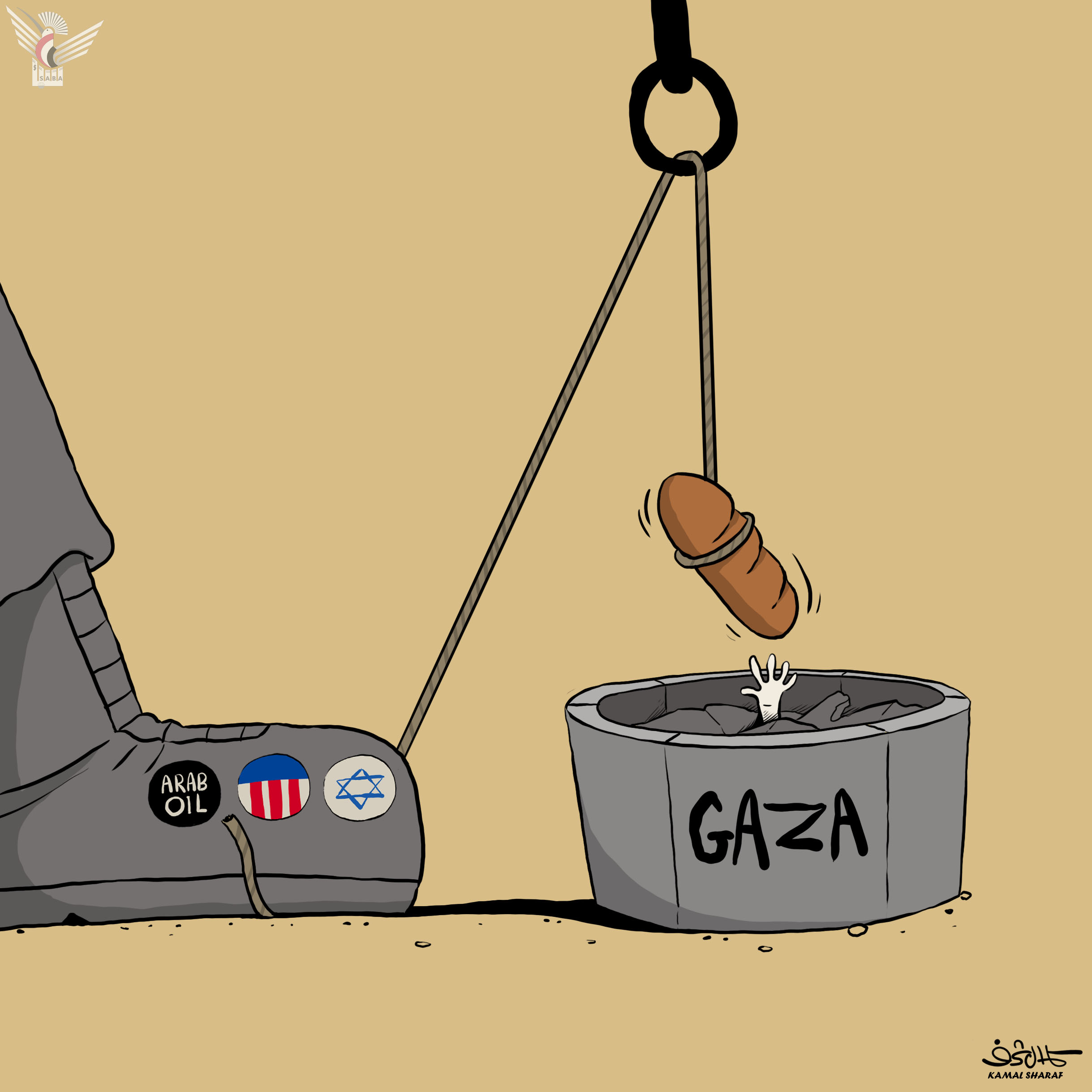Sunday - Saba:
State-sponsored terrorism has become an entrenched policy of the United States throughout its relatively short history as a colonial power. Peace has never been a preferred option in Washington’s foreign policy playbook.
Though its political existence spans just 250 years, the United States has spent over 93% of that time engaged in direct or proxy wars, military invasions, and interventions in the internal affairs of sovereign nations—from Vietnam to Iraq, Latin America to Afghanistan, Libya, and many other Arab and foreign countries.
The U.S. has led or participated in over 90 wars and acts of aggression, many of which have resulted in the destruction of entire regions, staggering human losses, and well-documented war crimes and crimes against humanity.
Today, the United States continues to undermine peace in the Middle East and poses a growing existential threat to the region.
Under the guise of false pretexts, it has amassed naval forces in the Red Sea, while its real objective is to establish a permanent foothold in the Red Sea and the Bab al-Mandab Strait.
Washington fully understands the strategic importance of this maritime corridor—one of the most critical in the world—as it connects the continents of Asia, Africa, and Europe and oversees a significant portion of international trade, particularly oil.
Throughout history and in present reality, the Red Sea has remained a target for colonial powers seeking access through various means, often manufacturing baseless pretexts for military presence.
Today, the U.S. is forcefully attempting to assert its presence, disregarding the will of coastal nations, including the Republic of Yemen, which stands firm against any American military presence that threatens regional security.
The Republic of Yemen has offered a courageous and principled model of resistance to U.S. militarism and its unflinching support for Israel’s campaign of extermination in Gaza.
Revolutionary leader Sayyed Abdulmalik Badr al-Din al-Houthi has consistently spotlighted the brutal crimes perpetrated by Zionist forces against defenseless civilians in Gaza, using lethal American weapons, in full view of the international community.
Yemen has shouldered the burden of confronting both the Zionist entity and its backers and has succeeded in delivering military and political blows that even the U.S. and Israeli enemy have been forced to acknowledge.
Meanwhile, Arab states remain passive observers in what is undeniably a battle for the very existence of the Palestinian people.
The responsibility now lies squarely with Arab and Islamic leaders to rally behind Yemen in confronting Zionist militias and the growing American military presence in the region. What is needed is leadership with true national will and independent decision-making.

| more of (Local) |




